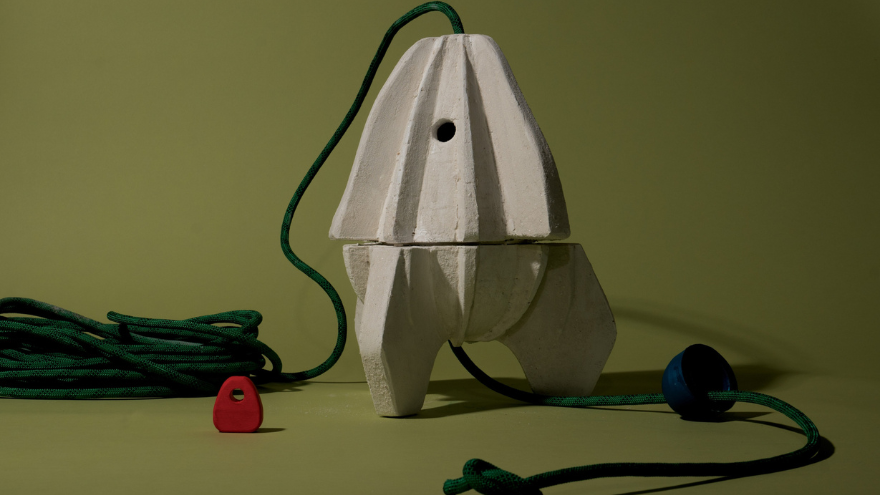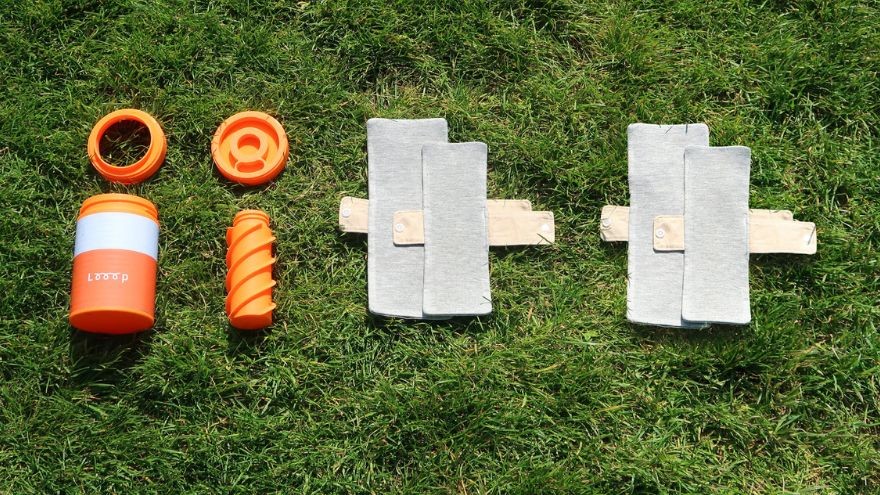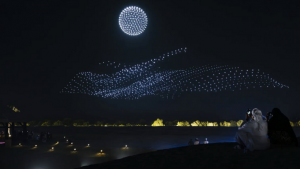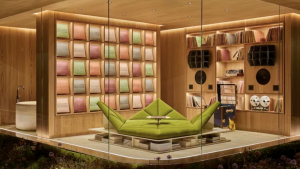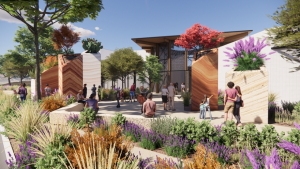What Design Can Do is an international organisation that seeks to accelerate the transition to a sustainable, fair and just society using the power of design. In January 2024, it launched the ‘Redesign Everything Challenge’ to find and celebrate the world’s most creative climate solutions.
It marked the organisation's fifth official climate action challenge in collaboration with Swedish furniture brand IKEA, which called upon designers from around the globe to submit groundbreaking ideas that reimagine a circular world. From 557 submissions, an international jury - comprising 10 leading experts in design, climate action and entrepreneurship - selected 11 of the most promising projects as winners.
‘The winners of the challenge exemplify the potential of design to address climate impacts. These projects not only provide innovative solutions to climate issues but also inspire others to reimagine what's possible,’ says WDCD’s co-founder and Creative Director Richard van der Laken. ‘The creativity and the dedication shown by these teams impressed the jury and the entire team at What Design Can Do.’
Responding to different climate urgencies around the world, this year’s winners include new ideas to redesign just about everything, from the products and materials we use everyday, to our relationships with each other and nature.
Some of the winning projects reimagine traditional materials and processes, offering sustainable alternatives that reduce waste and consumption. These include Celium™ by Polybion (Mexico), a biomaterial crafted from agro-industrial fruit; Electric Skin (France) that reconsiders the electronics industry so it’s growable and compostable; and Cellsense (US) which transforms algae and cellulose into beads.
Other winning projects looked to nature-inspired solutions for biodiversity and ecosystem restoration, such as Reef Rocket by ReefCycle (US), a modular bio-cement reef structure that can be grown locally from plants and repurposed waste; ForestGuard (Türkiye), an innovative design that detects forest fires through sensory monitors and machine learning algorithms; and Germinatorium (Brazil), a nomadic nursery for the germination of rare native plants.
Some projects highlighted design’s role for social and climate justice, including Looop Can (UK), a cleaning kit for reusable period pads in water-scarce places; and BreatheEasy (India), a sustainable urban ventilation initiative for low-income settlements in Delhi.
All the winning teams will receive €5 000 in funding, and access to an accelerator programme.
READ MORE

